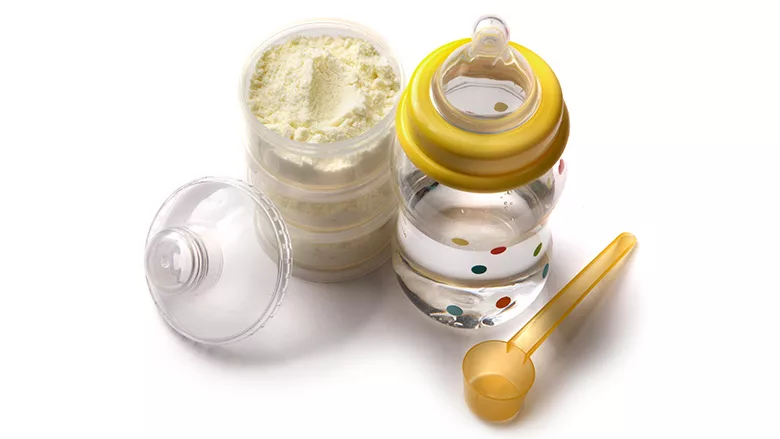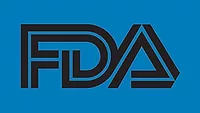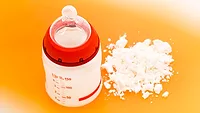FDA Allows Abbott Nutrition to Resume Production, Releases Industry Guidance

The U.S. Food and Drug Administration (FDA) has decided to increase the supply of safe infant formula in the U.S., in light of the recent shortage. On May 16, FDA filed a consent decree of permanent injunction with formula producer Abbott Nutrition, as well as announced a guidance that outlines increased flexibilities regarding 1) import of certain infant formula products and 2) requirements that apply to infant formula production, which will allow formula manufacturers to increase production. Prior to the consent decree and guidance decisions, FDA has been making continuous efforts to increase the supply of safe infant formula in the U.S.
The consent decree with Abbott Nutrition follows the company’s voluntary recall of powdered formula products that were produced at its Sturgis, Michigan facility due to Cronobacter sakazakii contamination, which was announced on February 17, 2022. Under the proposed consent decree, which is subject to court approval and entry, Abbott Nutrition has agreed to take corrective actions at its Sturgis facility. The proposed consent decree allows Abbott Nutrition to resume production while ensuring that the powdered infant formula produced at its Sturgis facility is safe. When Abbott Nutrition decides to restart production at its Sturgis facility, it must conform to the provisions of the proposed consent decree and meet FDA food safety standards. If contamination is detected, the company must notify FDA, identify the source of the problem, and conduct a root-cause investigation before resuming production.
Additionally, FDA has released a temporary final guidance, titled, Guidance for Industry: Infant Formula Enforcement Discretion Policy. FDA intends to temporarily exercise enforcement discretion regarding certain requirements for infant formulas that may not comply with certain statutory and regulatory requirements, and is seeking information from manufacturers on the safety and nutritional adequacy of their products. The guidance document will remain in effect until November 14, 2022, when FDA will evaluate whether any extension is necessary.
The guidance document is intended to:
- Explain FDA’s considerations in making case-by-case determinations about whether to exercise enforcement discretion to introduce infant formula (including imports) to interstate commerce when the product is deemed safe and nutritionally adequate, but may not comply with all statutory and regulatory requirements
- Advise infant formula manufacturers about the type of information to provide to FDA, if they would like FDA to consider whether to exercise enforcement discretion with regard to particular products.
According to FDA, the U.S. normally produces 98 percent of the infant formula it consumes. However, the formula shortage in the U.S. has necessitated flexibility for formula imports. The FDA guidance may provide increased flexibility for safe infant formula to the U.S. by outlining a plan to allow the import of certain infant formula products from foreign countries to the U.S., and would also allow for the domestic distribution of products manufactured within the U.S. that were originally intended for export to foreign countries.
Companies seeking to take advantage of flexibilities outlined in the recent guidance should submit information (e.g., information on labeling, nutritional adequacy and safety testing, and facility inspection history) for FDA to evaluate whether its product can be used safely and whether it provides adequate nutrition. The agency intends to prioritize submissions for products that can demonstrate safety and nutritional adequacy, as well as products that have the largest available volume or can most quickly be distributed for sale. FDA stresses that only facilities that are already making essentially complete nutrition products are in the position to produce infant formula products that will not pose significant health risks to consumers. FDA is already in discussions with some manufacturers and suppliers regarding additional supply.
Update, May 20, 2022: FDA held a webinar to clarify its guidance on infant formula discretion. A recording of the webinar can be viewed here.
Looking for quick answers on food safety topics?
Try Ask FSM, our new smart AI search tool.
Ask FSM →









